12 Foods That Act Like Natural Blood Pressure Medication
In today's fast-paced world, the prevalence of high blood pressure, or hypertension, is a growing concern. Often dubbed the "silent killer," hypertension can lead to severe health complications if left unchecked. While medication is a common intervention, an increasing number of people are turning to nature for solutions. The foods we consume can have a profound impact on our overall health, particularly in managing blood pressure. This article explores 12 foods recognized for their natural ability to help regulate blood pressure, offering an integrative approach to health that combines the wisdom of nature with modern nutritional science. By embracing these foods, you not only support your cardiovascular health but also enhance your overall well-being.
1. The Role of Potassium: A Balancing Act
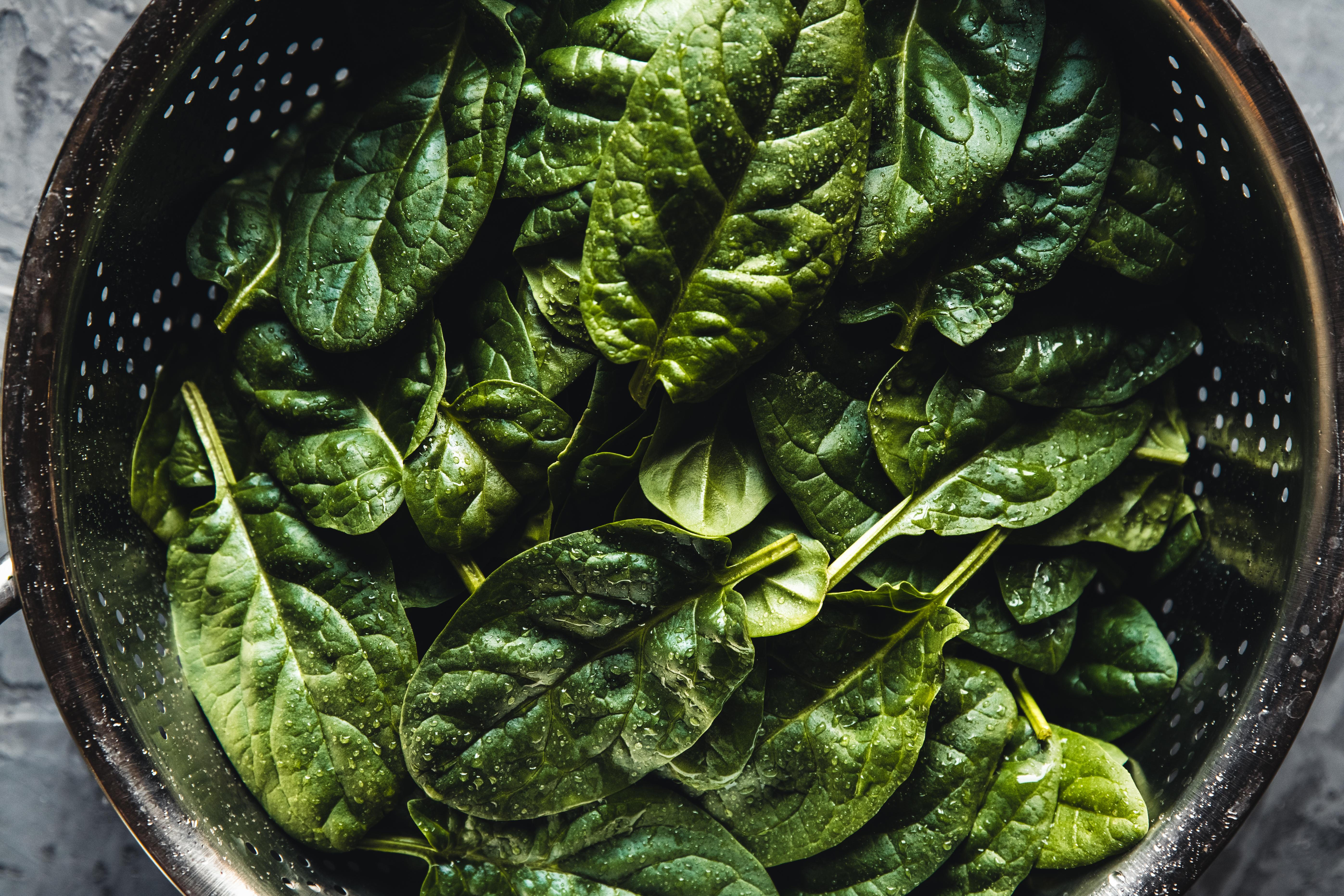
Potassium is a key mineral that helps balance sodium levels in the body, which is essential for healthy blood pressure. It works by easing tension in the blood vessel walls, which helps lower blood pressure. Foods rich in potassium are therefore invaluable in a blood pressure-friendly diet. Bananas are often highlighted for their potassium content, but many other foods, such as sweet potatoes, spinach, and avocados, are also excellent sources. Ensuring an adequate intake of potassium can help mitigate the effects of sodium, making it a crucial element in the battle against hypertension. This balance is vital for maintaining cardiovascular health and preventing the complications associated with high blood pressure.
2. Leafy Greens: Nature's Powerhouses
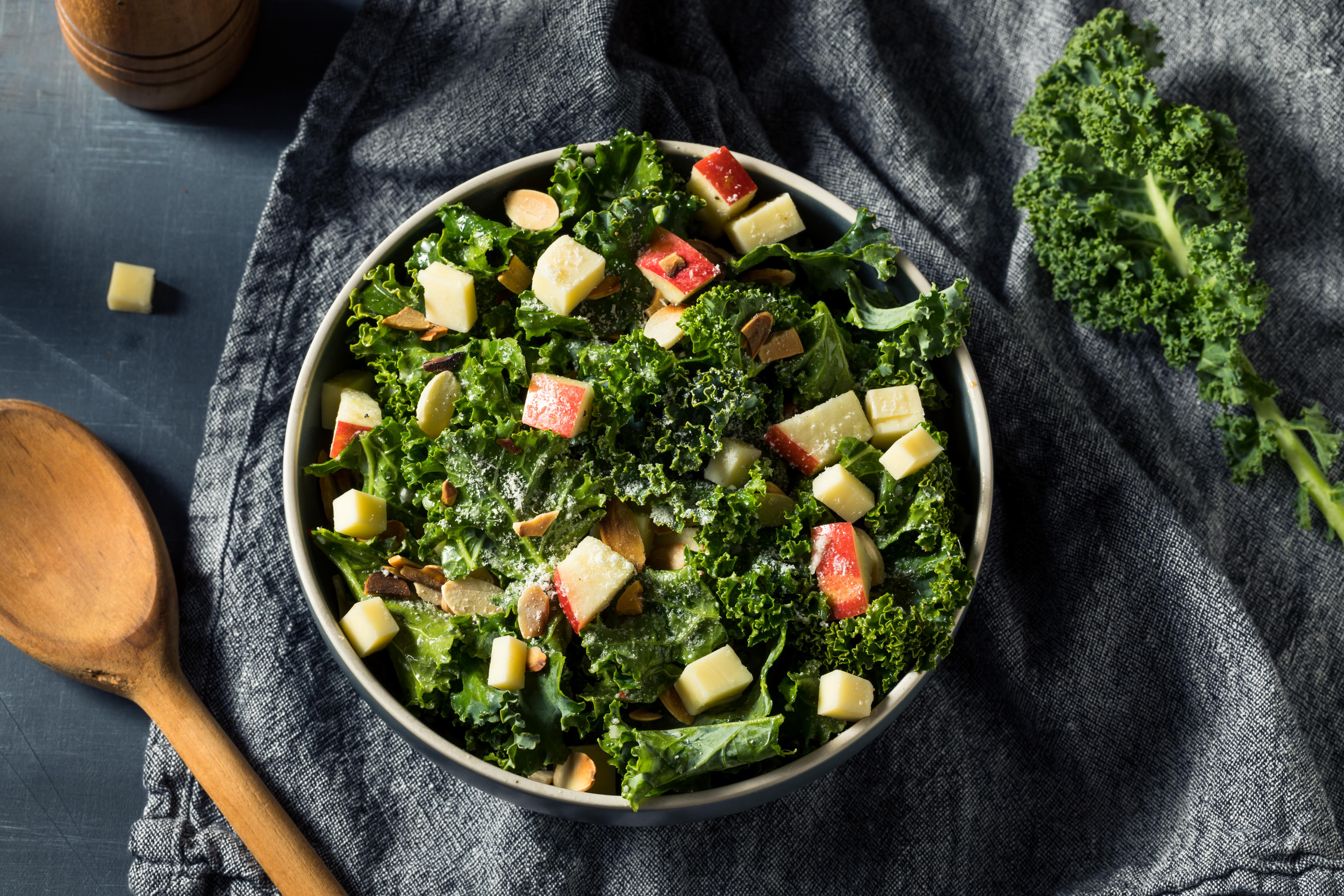
Leafy greens such as kale, spinach, and Swiss chard are nutritional powerhouses that offer a multitude of health benefits, including blood pressure regulation. These greens are rich in nitrates, which are compounds that help dilate blood vessels, improving blood flow and reducing blood pressure. Additionally, they are packed with potassium, magnesium, and antioxidants, all of which contribute to cardiovascular health. Incorporating leafy greens into your daily diet can be as simple as adding them to salads, smoothies, or soups. Their versatility and nutrient density make them an indispensable part of a natural approach to managing blood pressure.
3. Berries: Tiny Fruits with Big Benefits
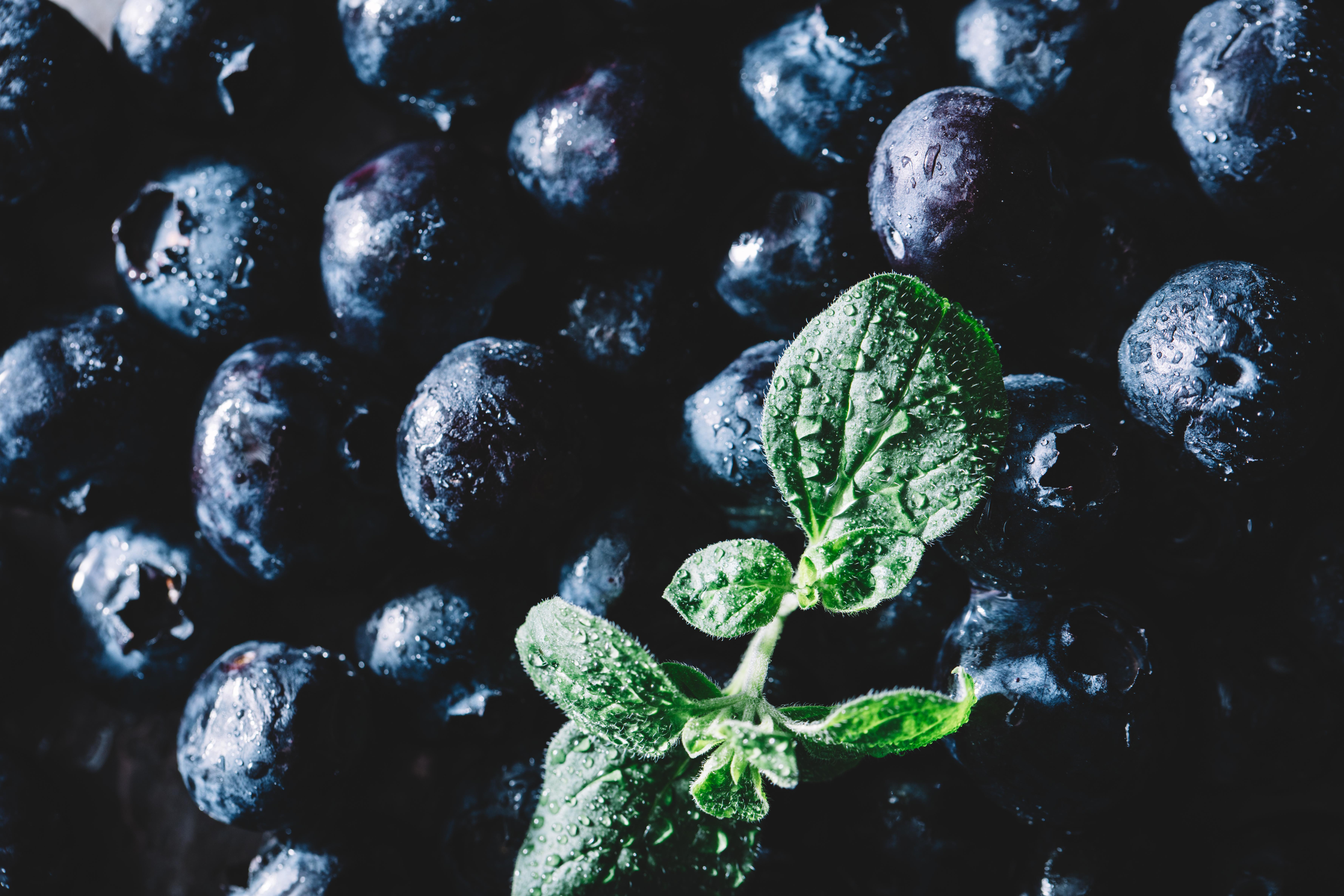
Berries, including blueberries, strawberries, and raspberries, are not only delicious but also potent allies in managing blood pressure. These fruits are rich in flavonoids, natural compounds that have been shown to lower blood pressure and improve heart health. Flavonoids enhance the production of nitric oxide, which helps relax blood vessels and improve circulation. Regular consumption of berries has been linked to a reduced risk of hypertension and cardiovascular disease. Whether enjoyed fresh, frozen, or in smoothies, berries are a sweet and satisfying way to support your heart health naturally.
4. Beets: A Root Vegetable with Heart
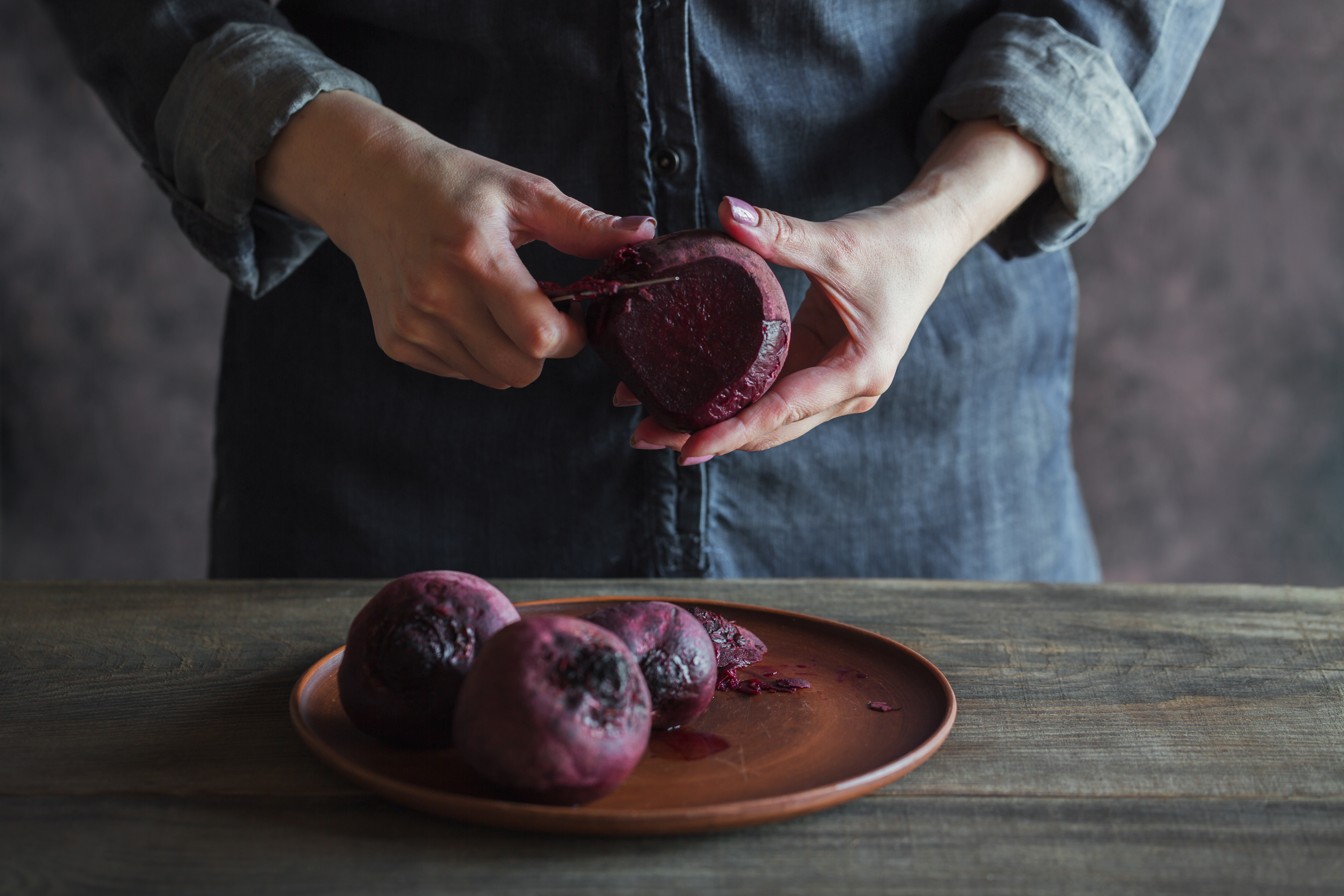
Beets are gaining recognition for their impressive ability to lower blood pressure. This root vegetable is high in nitrates, which the body converts into nitric oxide, a molecule that relaxes and dilates blood vessels, improving blood flow. Studies have shown that drinking beet juice can significantly reduce blood pressure in a matter of hours. Beyond their nitrate content, beets are also rich in fiber, folate, and antioxidants, contributing to overall cardiovascular health. Incorporating beets into your diet can be as simple as roasting them, adding them to salads, or blending them into juices.
5. Oats: A Heart-Healthy Grain
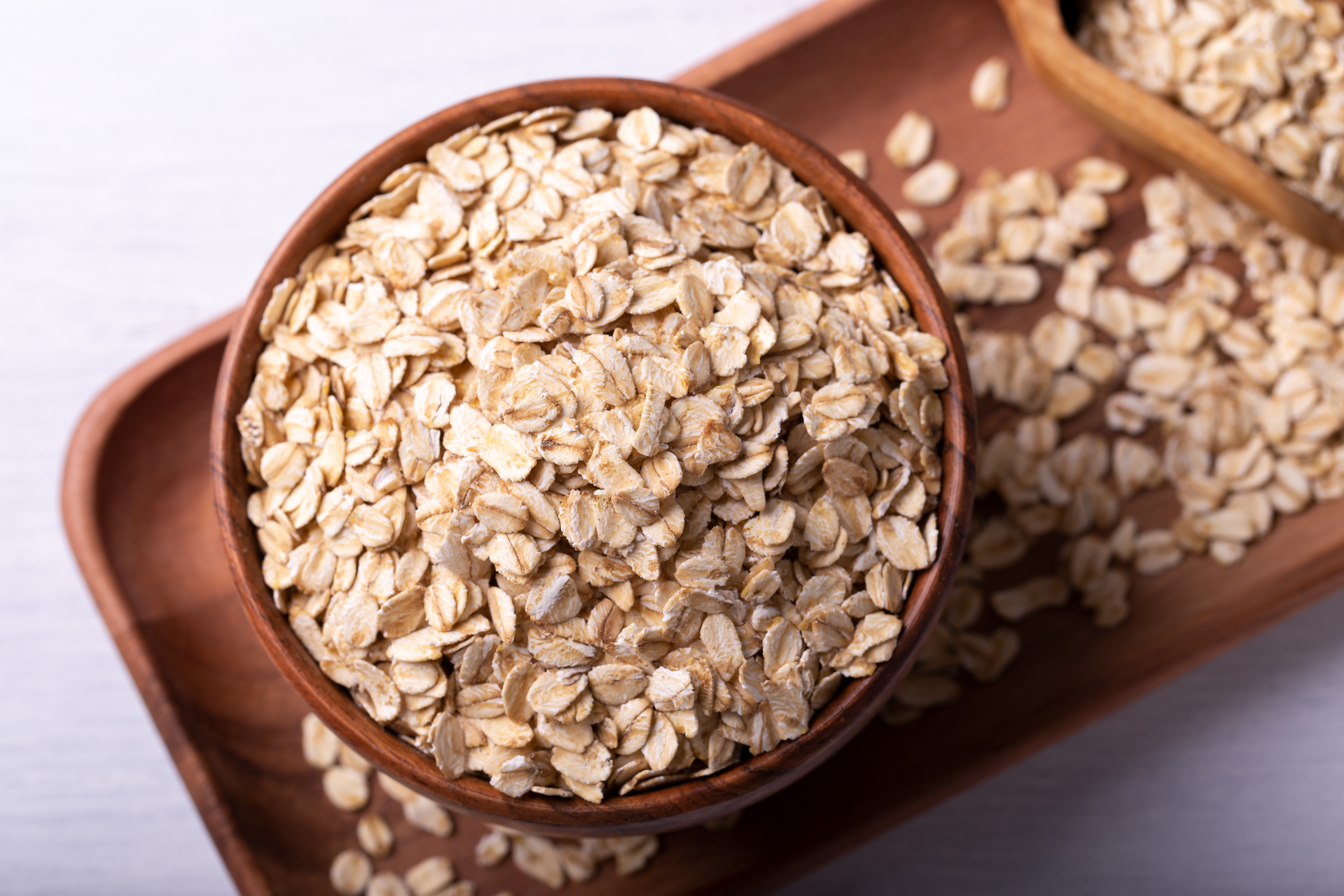
Oats are a staple in many diets, and for good reason. They are rich in beta-glucans, a type of soluble fiber that has been shown to lower cholesterol levels and improve heart health. This fiber also helps regulate blood pressure by improving blood vessel function and reducing inflammation. Starting your day with a bowl of oatmeal or incorporating oats into your baking can provide these heart-healthy benefits. Oats are versatile and can be enjoyed in various forms, making them an easy and effective way to support your cardiovascular health naturally.
6. Bananas: The Potassium Powerhouse
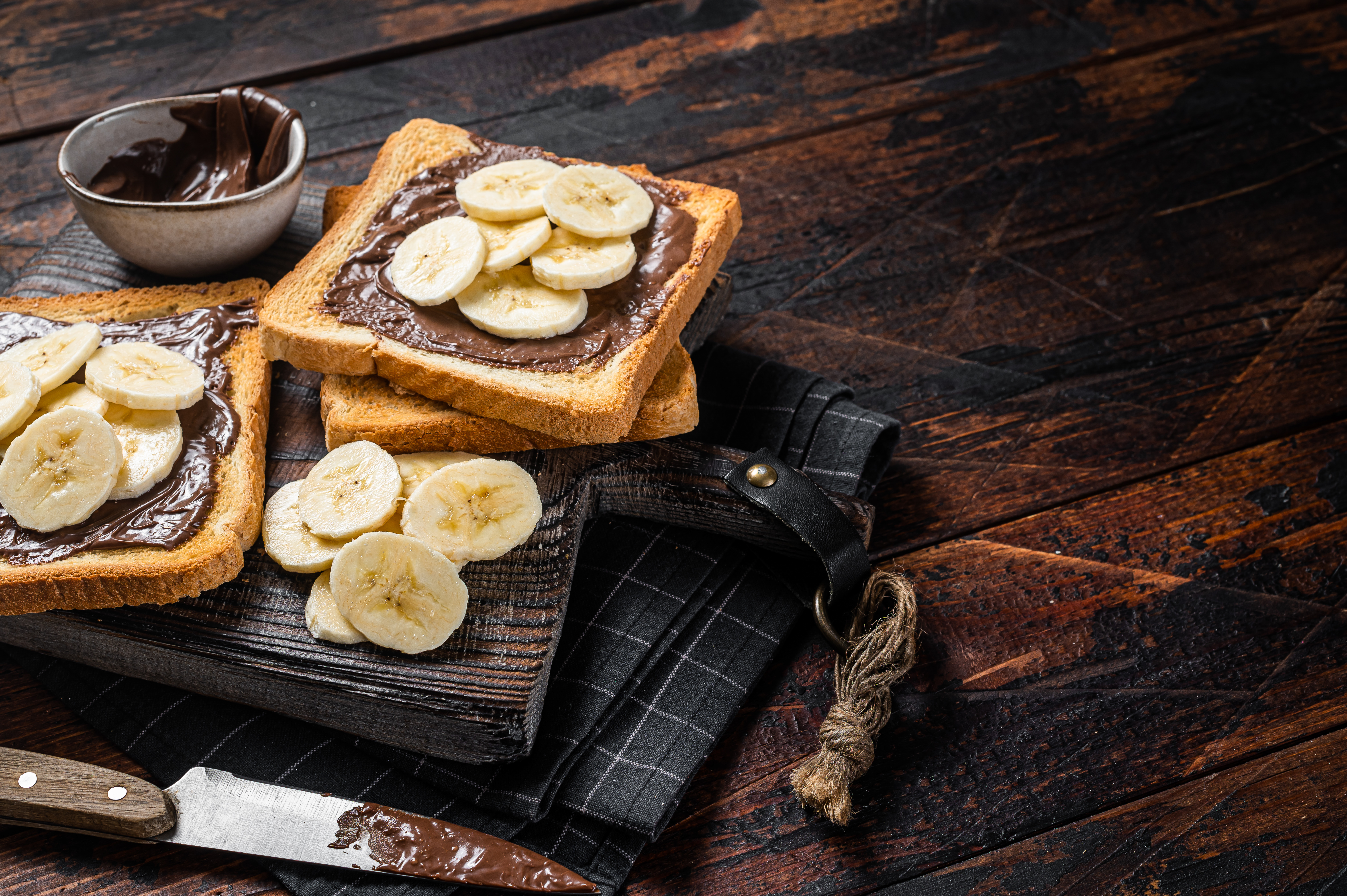
Bananas are often celebrated for their high potassium content, making them a popular choice for those looking to manage blood pressure naturally. Potassium helps balance sodium levels in the body, which is crucial for maintaining healthy blood pressure. In addition to potassium, bananas provide fiber and vitamin C, both of which contribute to heart health. They are a convenient and portable snack, perfect for on-the-go consumption. Incorporating bananas into your diet can be as simple as adding them to smoothies, cereals, or enjoying them on their own.
7. Fatty Fish: Omega-3s for Heart Health
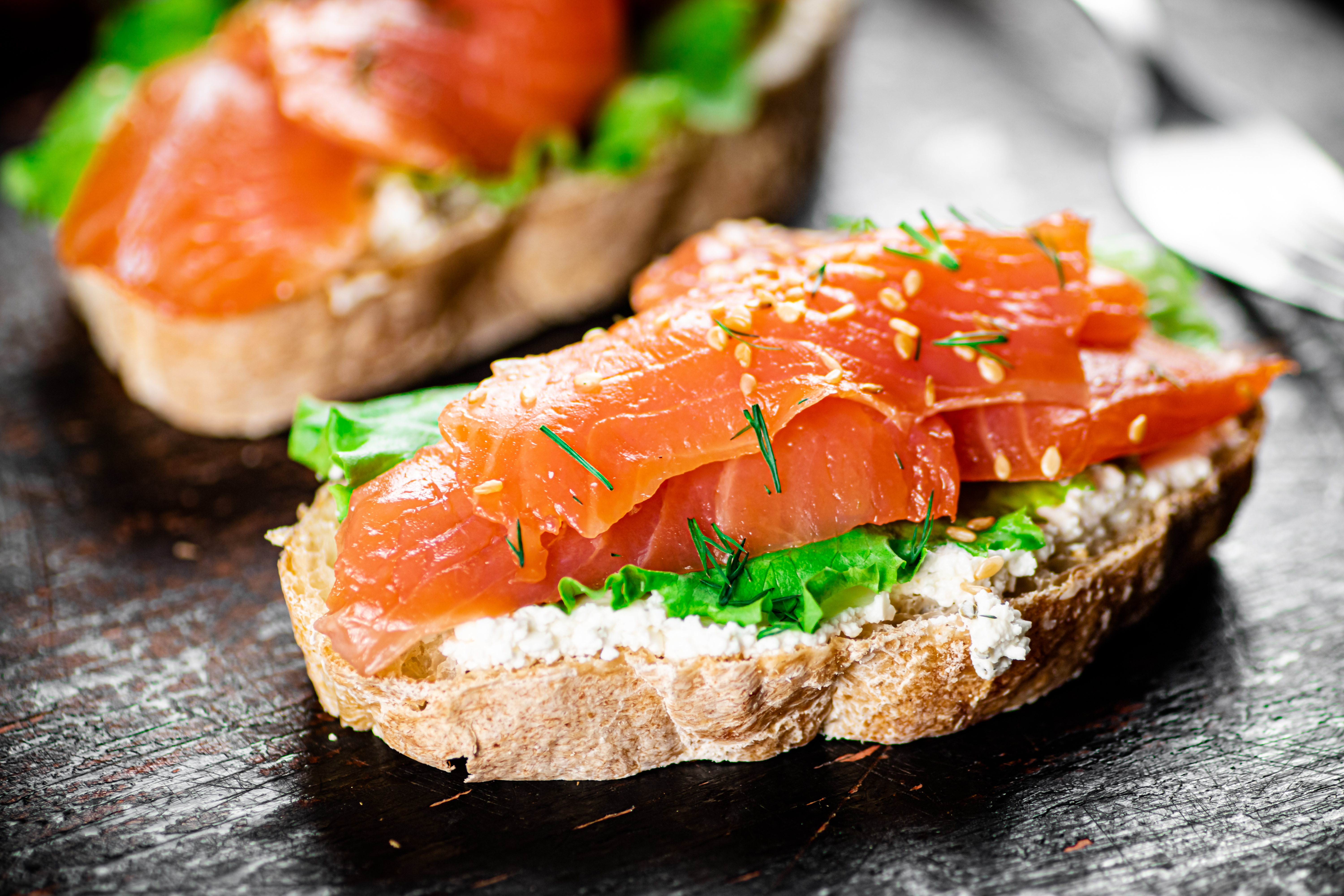
Fatty fish such as salmon, mackerel, and sardines are rich in omega-3 fatty acids, known for their heart-protective properties. Omega-3s help reduce inflammation, lower blood pressure, and decrease the risk of cardiovascular disease. Regular consumption of fatty fish has been associated with improved heart health and reduced blood pressure levels. Incorporating fish into your diet can be as simple as grilling, baking, or poaching, making it a delicious and nutritious addition to your meals. For those who prefer plant-based options, flaxseeds and chia seeds are excellent sources of omega-3s.
8. Garlic: Nature's Blood Pressure Regulator
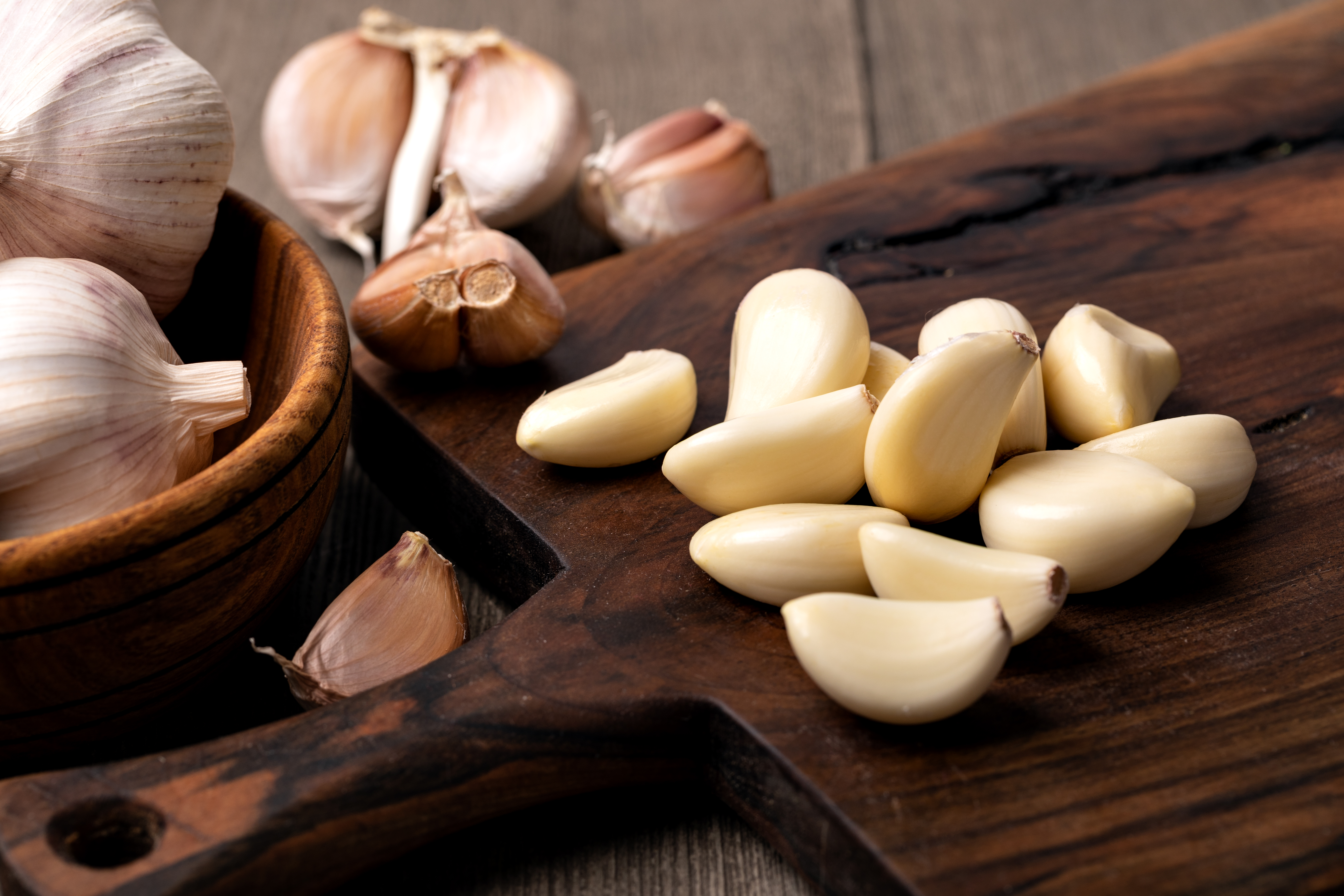
Garlic has been used for centuries for its medicinal properties, including its ability to lower blood pressure. It contains allicin, a compound that helps relax blood vessels and improve circulation. Studies have shown that regular consumption of garlic can lead to significant reductions in blood pressure. Beyond its heart health benefits, garlic also has antimicrobial and antioxidant properties, making it a valuable addition to your diet. Incorporating garlic into your meals can be as simple as adding it to sauces, dressings, or roasted vegetables.
9. Dark Chocolate: A Sweet Surprise
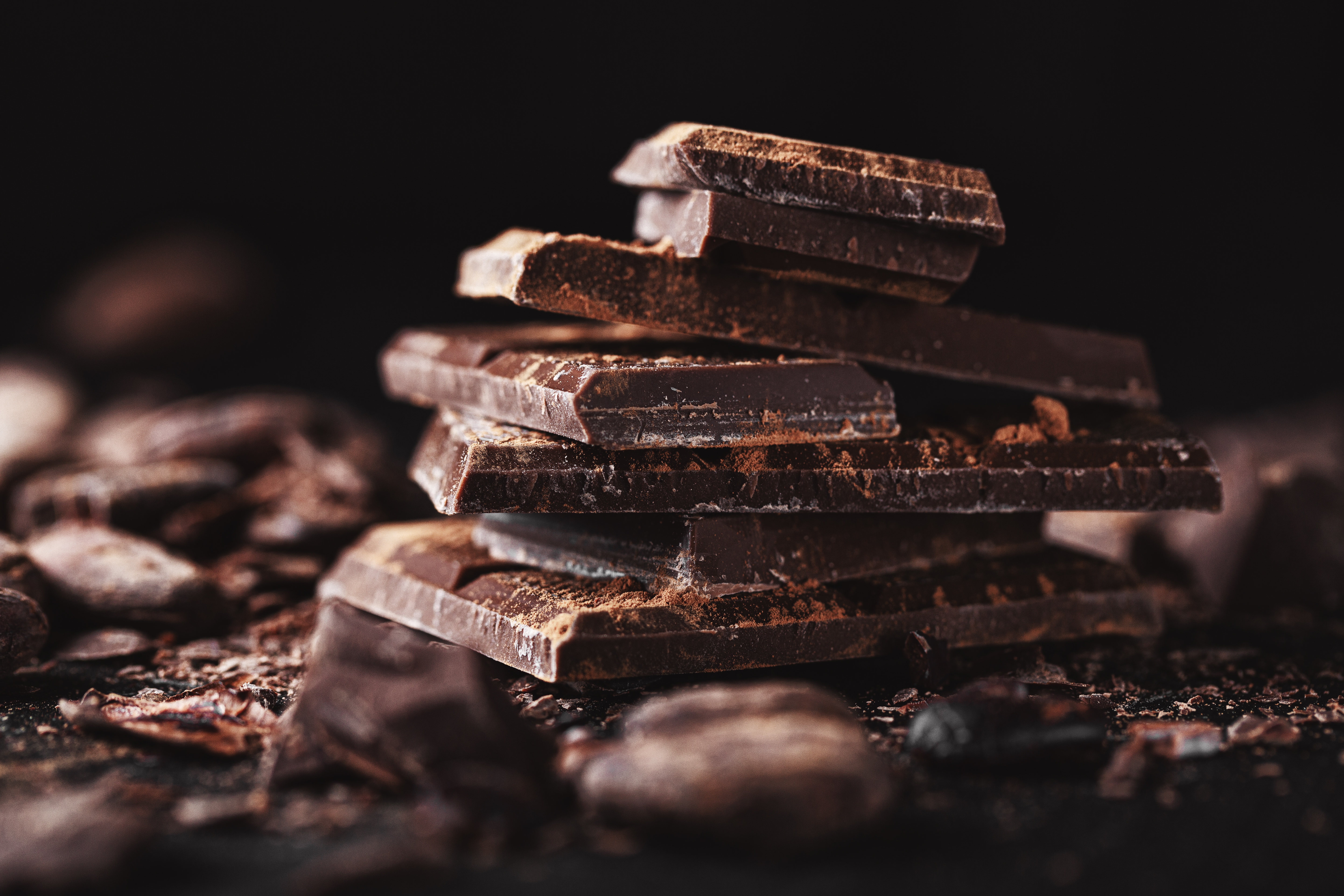
Dark chocolate is a delightful treat that also offers heart health benefits. It is rich in flavonoids, particularly flavanols, which have been shown to improve blood vessel function and lower blood pressure. Consuming dark chocolate in moderation can contribute to cardiovascular health without the guilt. Look for chocolate with a high cocoa content (70% or more) to maximize the health benefits. Enjoying a small piece of dark chocolate as a dessert or snack can be a delicious way to support your heart health naturally.
10. Nuts and Seeds: Crunchy Allies
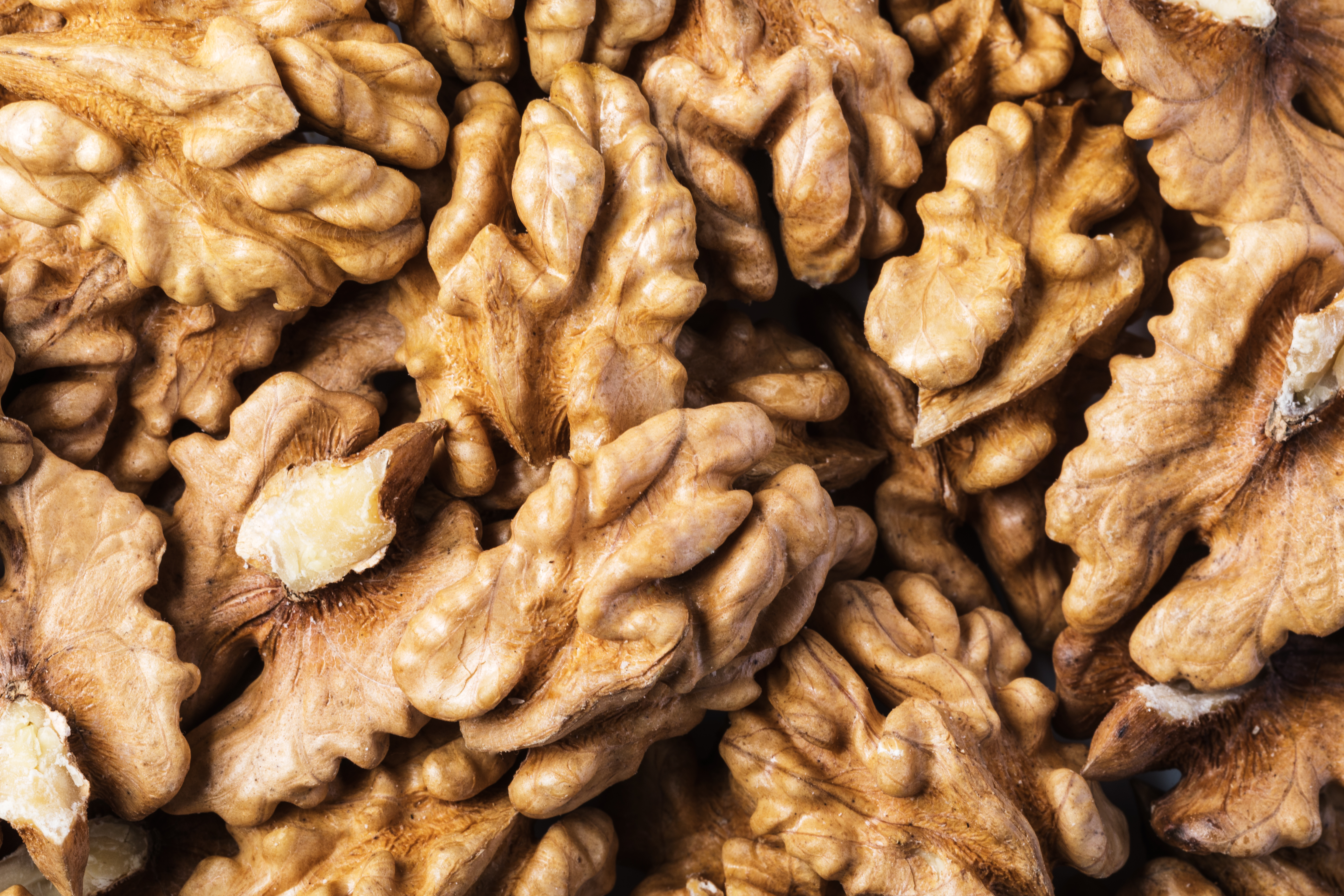
Nuts and seeds, including almonds, walnuts, flaxseeds, and chia seeds, are excellent sources of healthy fats, fiber, and essential nutrients that support heart health. They are rich in magnesium, which helps relax blood vessels and lower blood pressure. Regular consumption of nuts and seeds has been linked to reduced risk of hypertension and improved cardiovascular health. Incorporating them into your diet can be as simple as adding them to salads, yogurt, or enjoying them as a snack. Their versatility and nutrient density make them a valuable addition to a heart-healthy diet.
11. Citrus Fruits: Vitamin C and Beyond
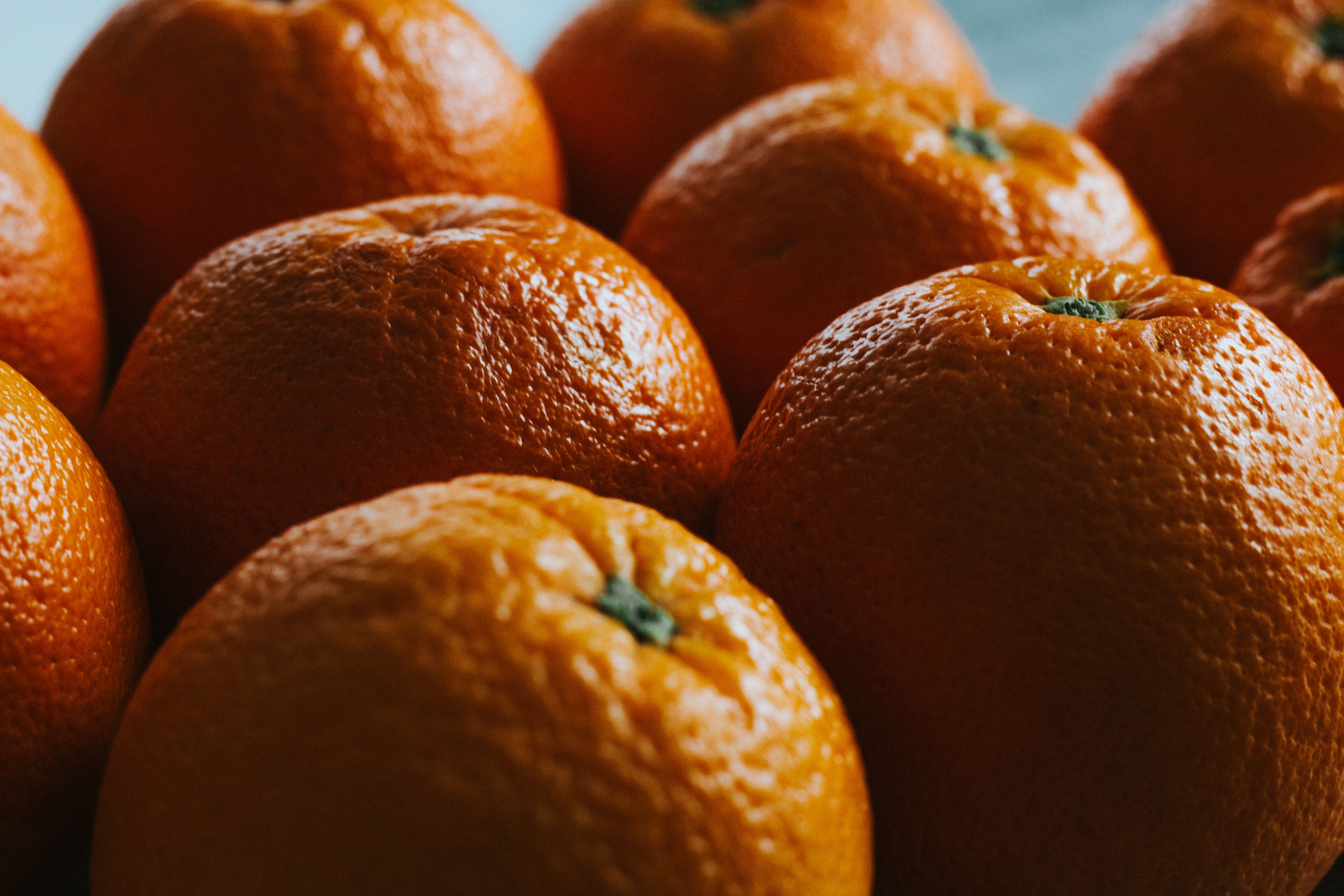
Citrus fruits such as oranges, lemons, and grapefruits are not only refreshing but also beneficial for managing blood pressure. They are rich in vitamin C, which has been shown to improve blood vessel function and reduce blood pressure. Additionally, citrus fruits contain flavonoids that support heart health. Incorporating citrus fruits into your diet can be as simple as enjoying them as a snack, adding them to salads, or squeezing fresh juice. Their vibrant flavors and health benefits make them a delightful addition to a blood pressure-friendly diet.
12. Pomegranate: The Antioxidant Elixir
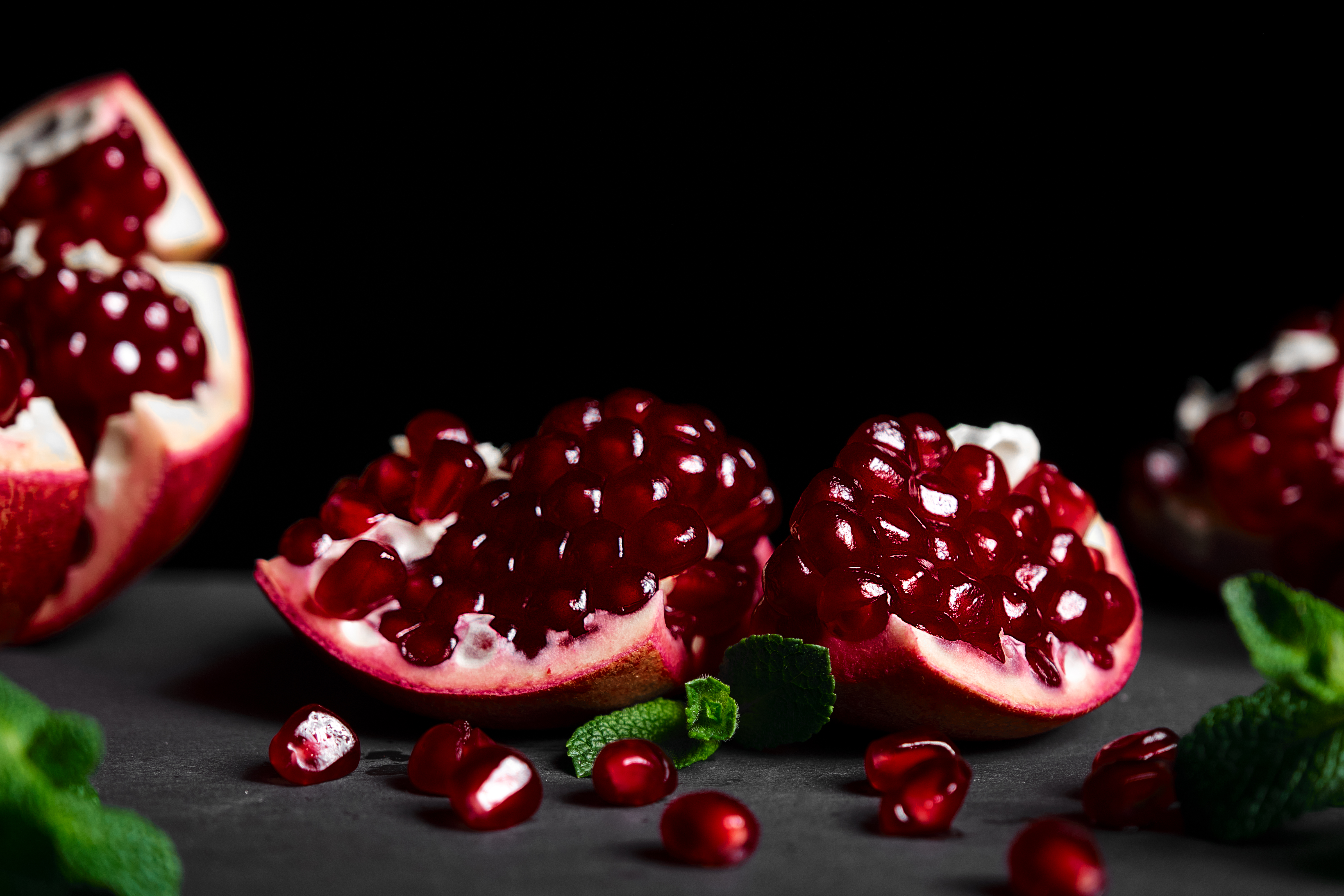
Pomegranates are a vibrant, nutrient-dense fruit known for their powerful antioxidant properties, particularly polyphenols, which support heart health and help regulate blood pressure. Studies have shown that drinking pomegranate juice regularly can lower systolic and diastolic blood pressure, improve blood flow, and reduce arterial stiffness. These effects are attributed to the fruit’s ability to enhance nitric oxide production and combat oxidative stress, both crucial in maintaining healthy blood vessel function. Whether consumed as fresh seeds, juice, or added to salads and smoothies, pomegranates offer a delicious and potent way to fortify your cardiovascular system naturally. Incorporating this fruit into your diet is a flavorful step toward holistic blood pressure management.
Embracing the power of nature through diet offers a holistic approach to managing blood pressure. By incorporating these 12 foods into your daily routine, you can harness their natural healing properties to support cardiovascular health. This approach not only helps regulate blood pressure but also promotes overall well-being. It is important to remember that while diet plays a crucial role, it should be complemented by other healthy lifestyle practices, such as regular exercise, stress management, and adequate sleep. Together, these elements form a comprehensive strategy for maintaining optimal health and preventing the complications associated with high blood pressure.
